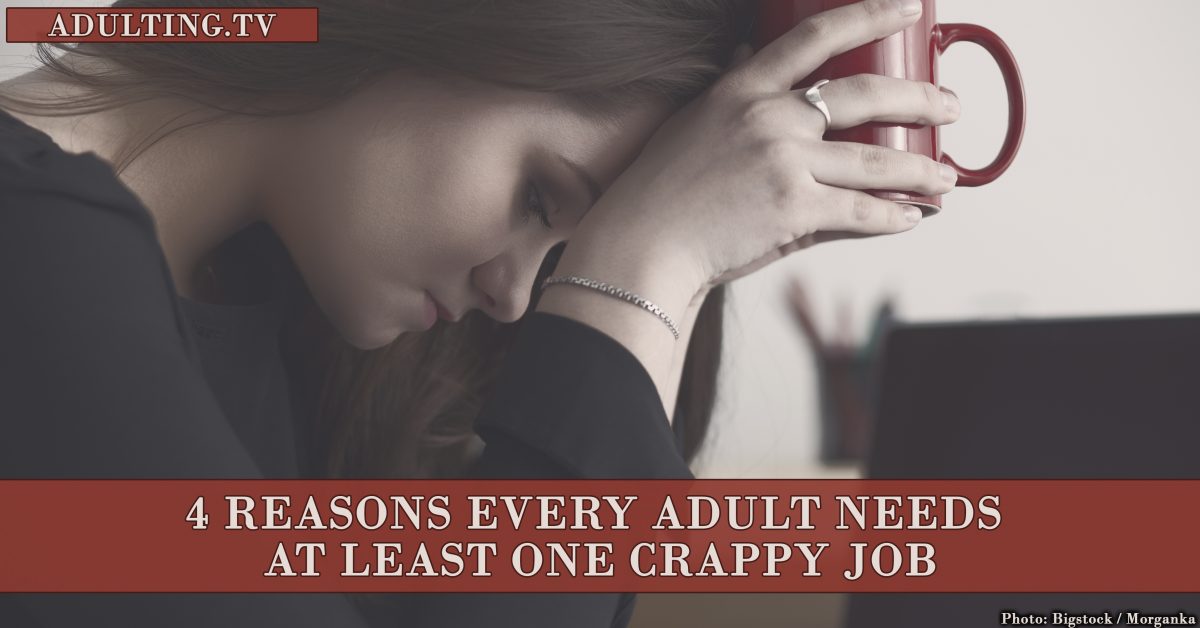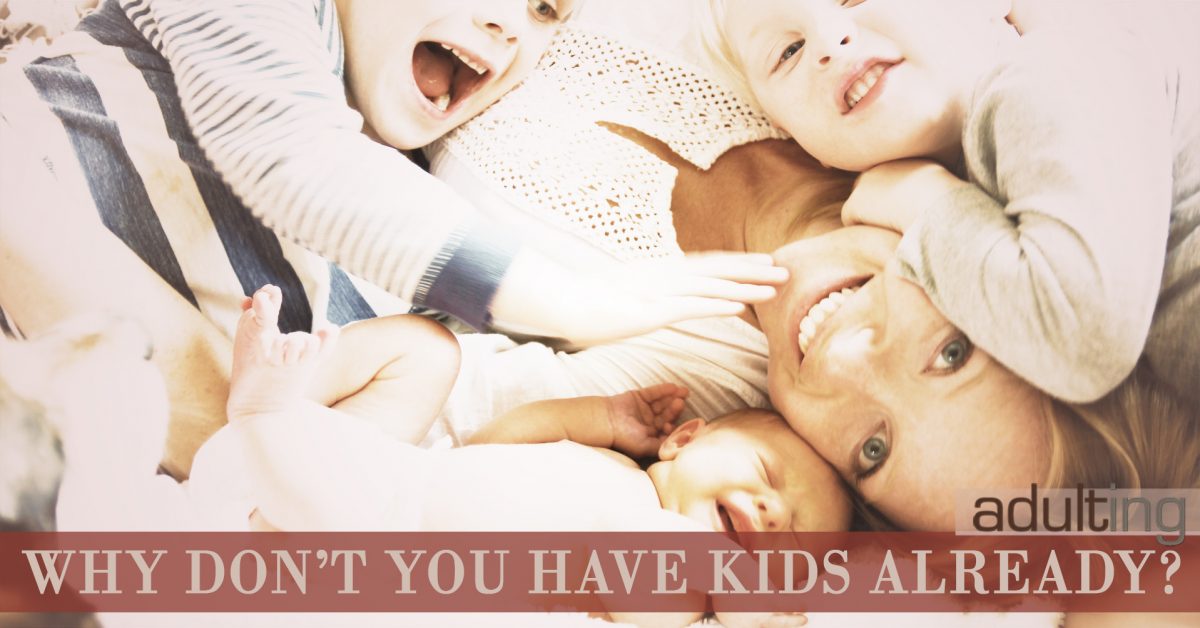Bad jobs are the worst, but they make us better people.
At least that’s what my mom says.
When you have a crappy job as a teenager, you don’t know that it sucks. You don’t yet have the experience to know you deserve better. When you’re young a bad job is a learning experience.
If you have a crappy job as an adult it’s a totally different story.
It’s probably safe to say we all want to wake up and go to a job that we love. We all want to make a lot of money so that we can enjoy all of life’s little luxuries.
But how many of us truly have the perfect job?
Sometimes we end up in a job we’re good at because we have family relying on us to provide. Sometimes we stay in a job that we don’t necessarily love because the money is great. Or at least it’s enough to survive on.
What about having a job that you truly hate?
Having a crappy job as an adult isn’t the worst thing in the world. It may not be ideal, but it’s not terrible and it can only be a temporary situation if you want it to be.
Here are four reasons every adult needs a crappy job at least once in their lifetime:
1. It’s humbling.
If you’ve been on the top and then been knocked down to the bottom, it’s humbling. You have to struggle to work your way back up to the top.
Sometimes we take things for granted and a misstep is just life’s way of letting us know that everything we worked for can be taken away at any time.
It’s a good idea to hedge your bets and find multiple income streams through a part time job or side hustle to ensure the fall isn’t too far down — and the climb back up isn’t too high.
2. Bills still need to be paid.
How many people really do everything they want to every day?
I would like to take long walks on the beach and eat turkey sandwiches (made by a chef) all day, but that’s just not reality.
The reality for many adults is that bills are due every. single. month. You have to find a way to pay them.
Having a crappy job to make ends meet may be the way to do that for now. Suck it up. Part of being an adult is taking care of your shit through whatever means is available to you.
The good news is that it doesn’t always have to be that way. You can fix it down the road.
3. It gives you something to work toward.
If your current career situation is less than perfect, do whatever it takes to make it better. Go back to school, learn a new skill, find a mentor, or seek career counseling.
It’s very easy to sit and complain about how terrible things are. What makes you a better person is taking action to improve your circumstance. You will appreciate success so much more if you started from the bottom and worked towards achieving your goal. That’s when hard work and dedication truly pay off.
4. It can be a learning experience.
Sometimes we get stuck in our own way of thinking and we can’t imagine another way of doing things. Working at a less than perfect job, with a manager you don’t want to take orders from, and beside coworkers you don’t want to be around, can help you discover new ways to work.
Instead of spending your day hating your life, use the time to think of ideas to improve things. It may even help you get a promotion and get away from your crappy job.
I’ve been forced to eat crow and work some less-than-stellar jobs. I mean one particular job where I prayed every single day that I would be laid off just so I could collect unemployment while looking for a better job. I know all about survival — and learning from shitty situations.
Let’s be honest, the adult thing to do sometimes is to suck it up and contribute your eight to 10 hours as a gainfully employed grown up until that app that you developed helps you strike it rich.
You might be surprised at what you learn along the way.





